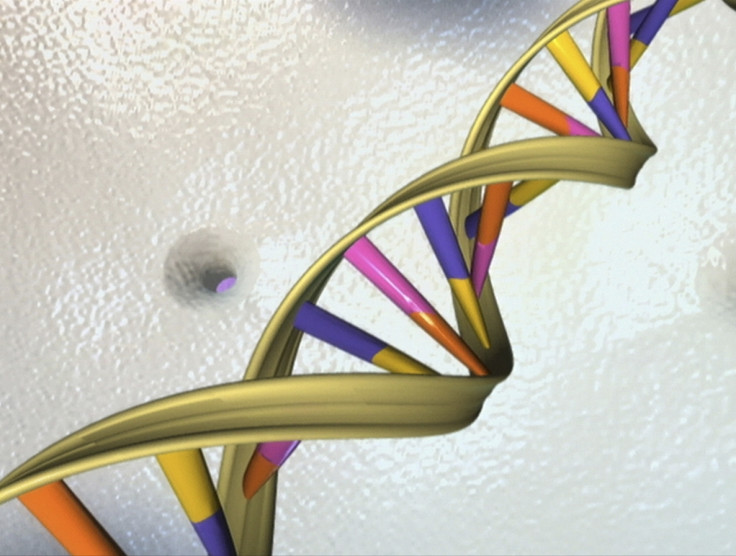Gene editing: Brazil will not have biologically altered cows
Brazil was planning to create genetically dehorned cows but has now scrapped those plans.
Brazil has abruptly scrapped its plans for gene-edited cows. The country was working on genetically edited cows that will naturally not have horns until recently, but those plans have now been shelved.
Last year, the Brazilian government had stated that no special oversight was needed in the matter. According to Wired Magazine, the country has scrapped these plans after the taking over of its new president, Jair Bolsonaro.
The project was undertaken by Minnesota based Recombinetics, which had facilitated the preparation of shipments of sperm taken from two gene-edited Holstein bulls. The plan was to breed 10 calves who would further be used to edit the genealogy of a large number of bulls and then move into the mainstream market.
According to the publication, the plan was dropped because the genetically edited bulls had more than one hornless gene. A piece of bacteria that was used to deliver the desired DNA got pasted into the genome. Ultimately the genome contained 4,000 base pairs out of 3 billion strands with bacteria. The bacteria and its effects in the lab were seen to generate antibacterial resistance and its effects in the pasture were assumed to be even more harmful.
The bacterial strand alone determined that the bulls could not be called Genetically Modified organisms (GMO) and therefore sunk the project.
The unfavourable results were not found by Recombinetics, but by the US Food and Drug Administration. They ran the bulls' genome on their screening software and posted the results online. One other reason that the gene failed was that it was created using primitive technology – it used TALENs and not Crispr, so it could not make the requisite cuts where they should have been.
Tad Sonstegard, CEO of Recombinetics'subsidiary, Acceligen, told Wired: "We weren't looking for plasmid integrations. We should have."
While this project has been scrapped, another project regarding creating gene-edited dairy is in the works. Scientists are working on creating heat-tolerant cattle than can be used for beef. Until now, no issues like the ones reported with this project have been found.

© Copyright IBTimes 2025. All rights reserved.





















